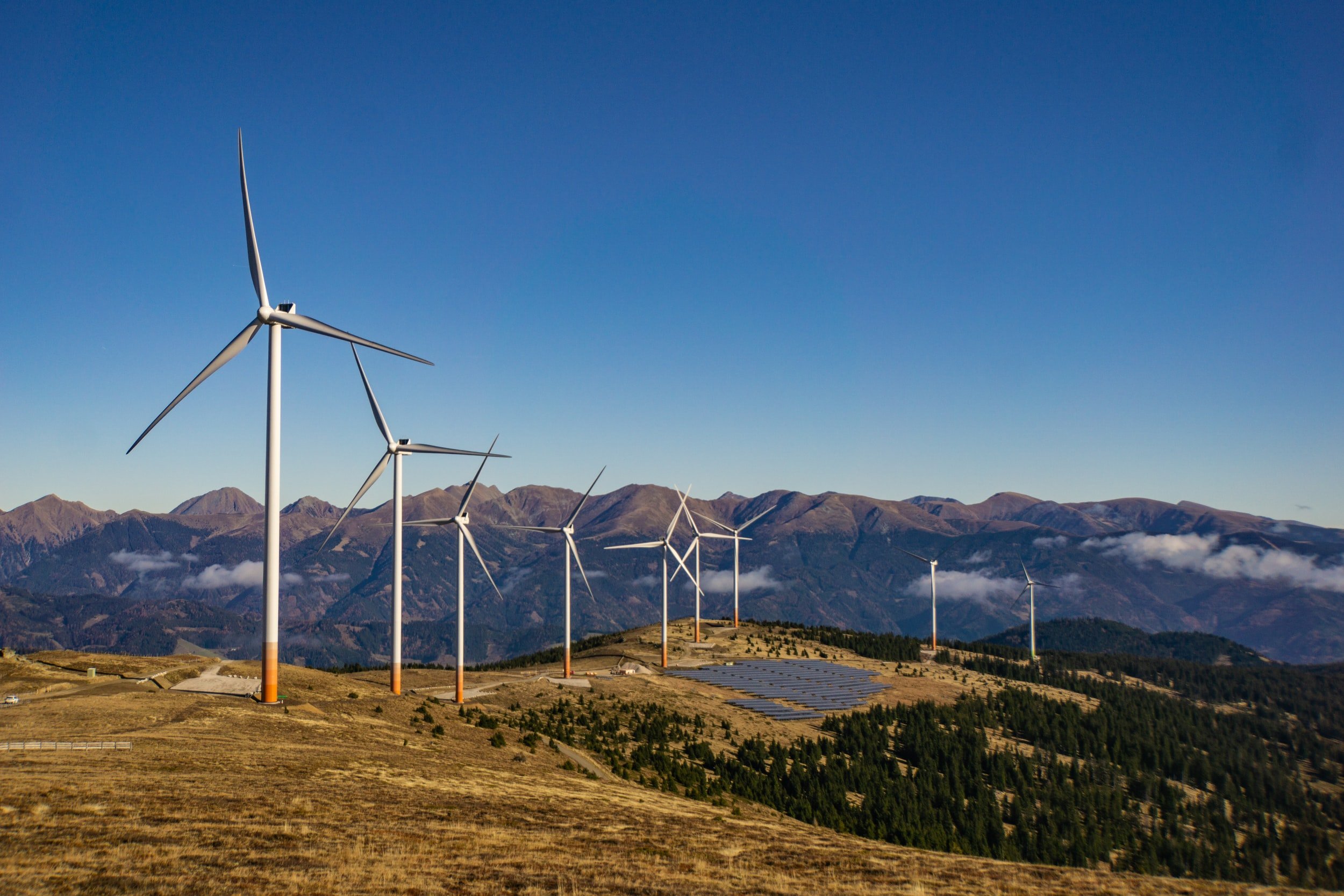unsplash-image-7lIrDouiacw.jpg
As has previously been reported (here and here), Ecotricity Group has been preparing to offer virtual power plant / aggregator services, using the German “NEMOCS” software platform, developed by Next Kraftwerke.
Ecotricity will provide its services to the National Grid, the balancing market and other buyers of “flexibility”. This development is significant, as enhanced flexibility on the National Grid is a critical enabler for the take-up of more renewable energy generation.
This has been topical for some time, but the very specific need for more flexibility has been exposed during the Covid-19 pandemic, with reducing demand for electricity and acute volatility in wholesale prices.
In order to bid into such flexibility auctions, Ecotricity will require actual flexibility to be provided by end-customers, such as owners of batteries, industrial users of electricity, or generators of renewable energy. These end-customers may benefit from Ecotricity’s offer of a “Virtual Power Plant”, as the financial rewards available to the end-customers may exceed the price that can be obtained from exporting electricity to the grid or using the electricity for industrial purposes.
Lux Nova are proud to have supported Ecotricity in this important and exciting endeavour, through strategic advice and preparing the documentation for the Virtual Power Plant aggregation product.
Nikola Zahariev and Tom Bainbridge advised for Lux Nova.
Nikola commented:
“We are proud to partner with Ecotricity, one of the most innovative and green businesses in the UK. The ethos of the Ecotricity team is very much aligned with ours, and it is always a pleasure to work with like-minded people, working towards a “net zero economy”. In an (effectively) subsidy-free UK renewables market, the need for pioneering companies to lead the way with new ideas is so important, and we are very happy to be supporting Ecotricity in this.”
Together, we are now working on a number of projects that will benefit from this business line – watch this space!
















